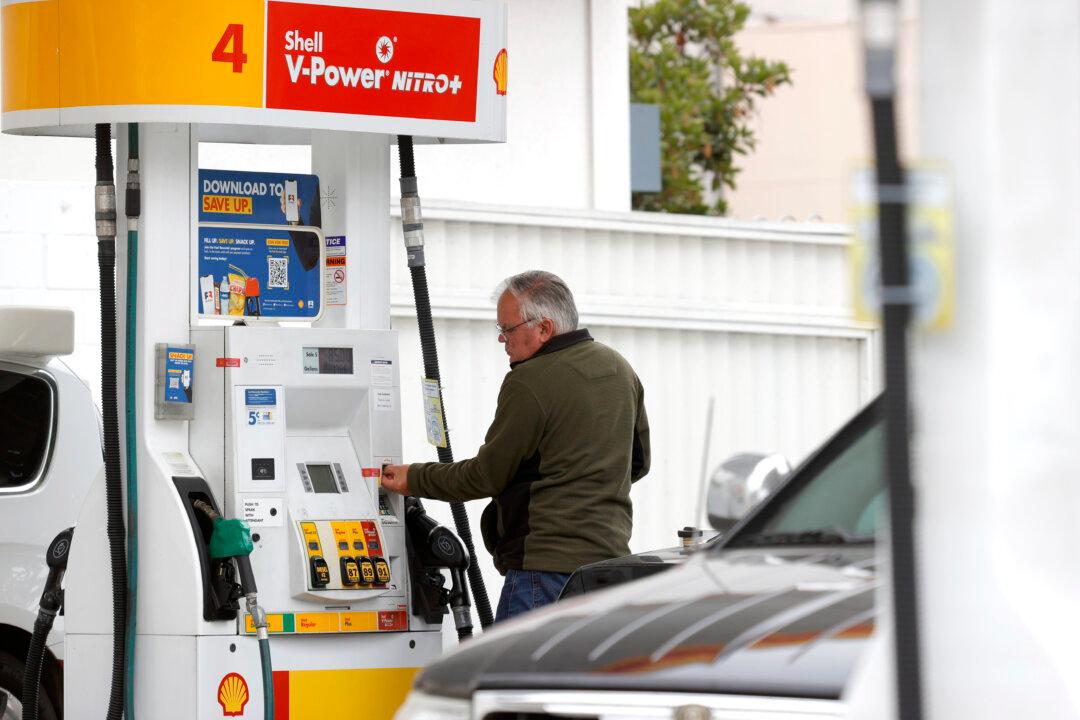President Joe Biden has called on the Federal Trade Commission (FTC) to probe possible anti-competitive or “illegal conduct” by oil and gas companies that may have pushed up gasoline prices at the pump, drawing a critical response from a major oil lobby that blames the president’s policies for stifling U.S. energy production.
Biden said in a Nov. 17 letter to FTC Chair Lina Khan that there was “mounting evidence of anti-consumer behavior by oil and gas companies,” pointing to an apparent market dislocation—falling production costs and declining prices of unfinished gasoline, while pump prices are up.





